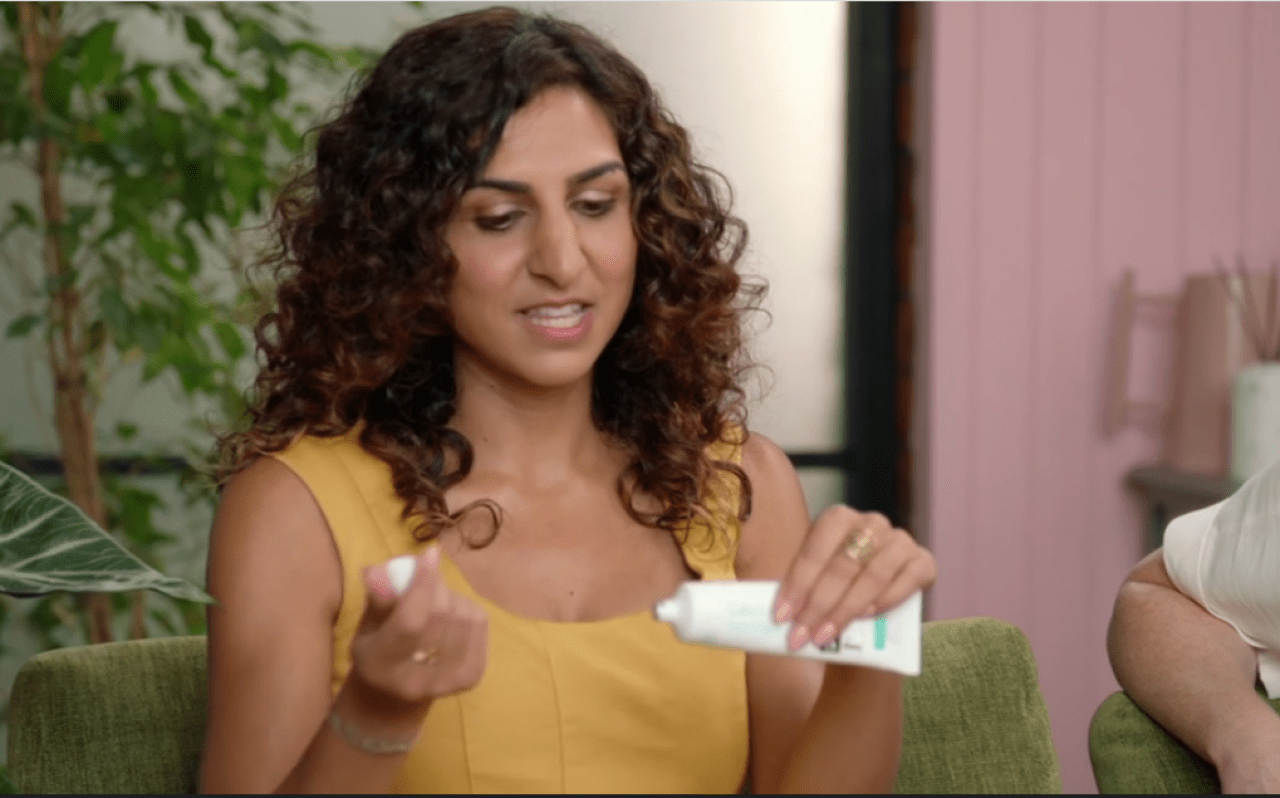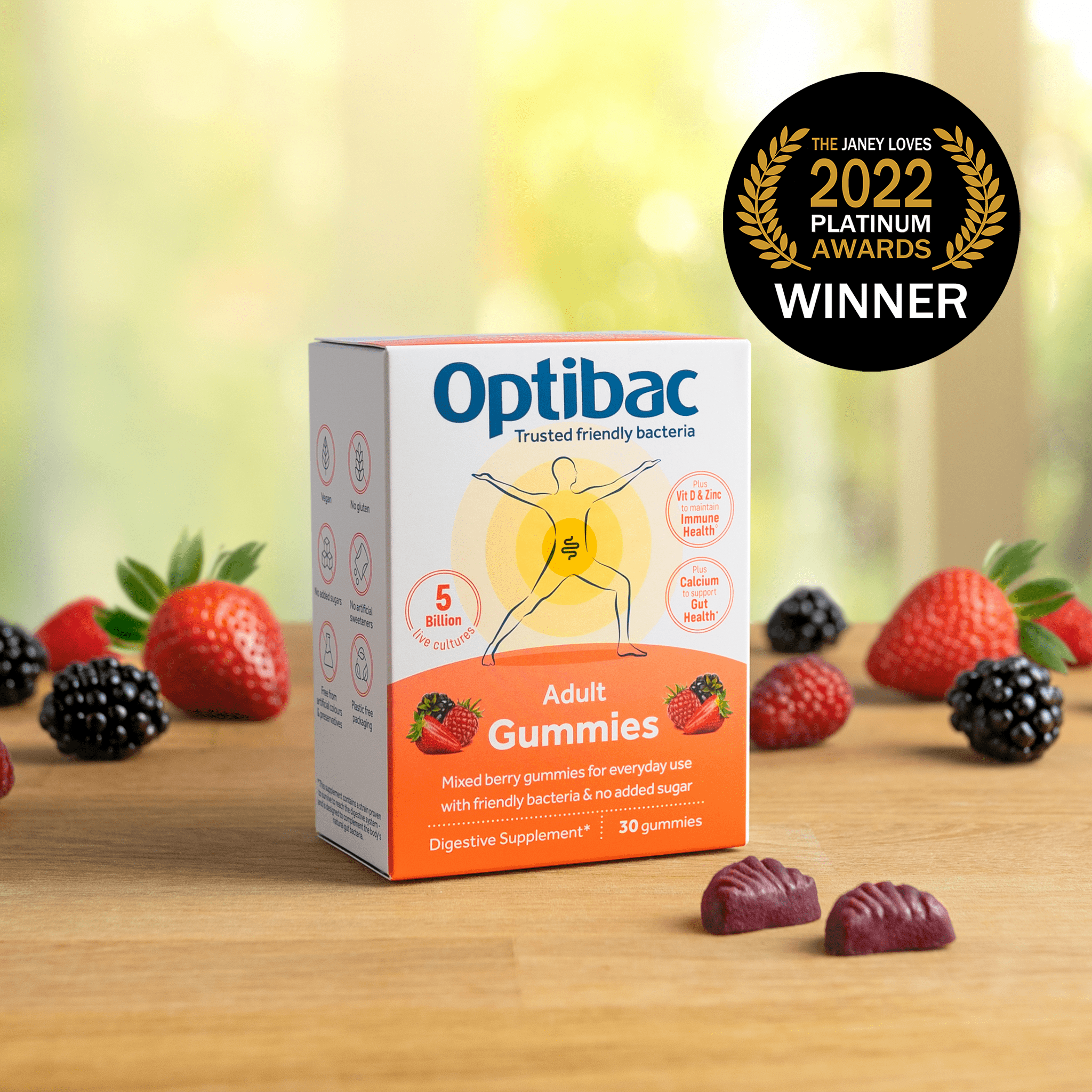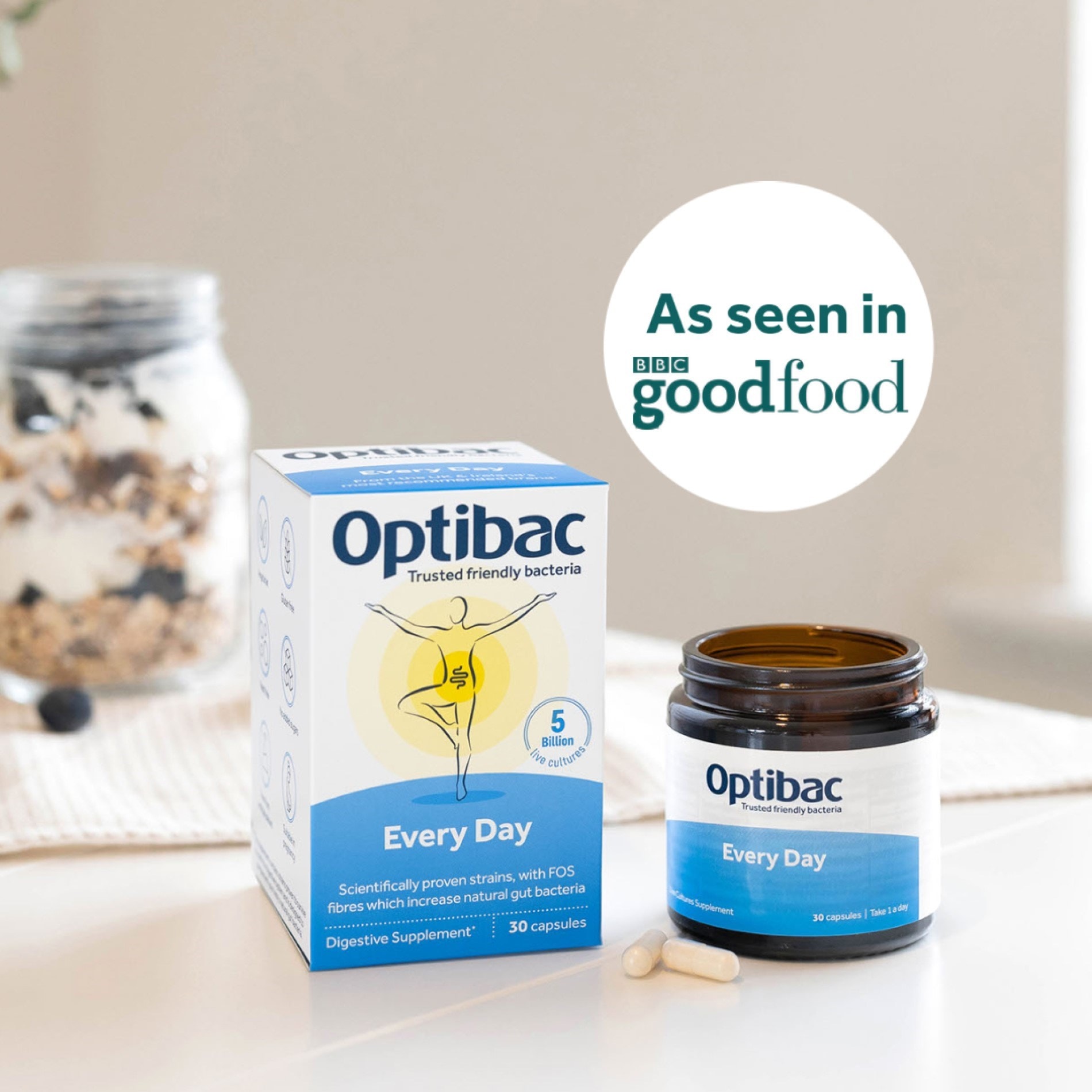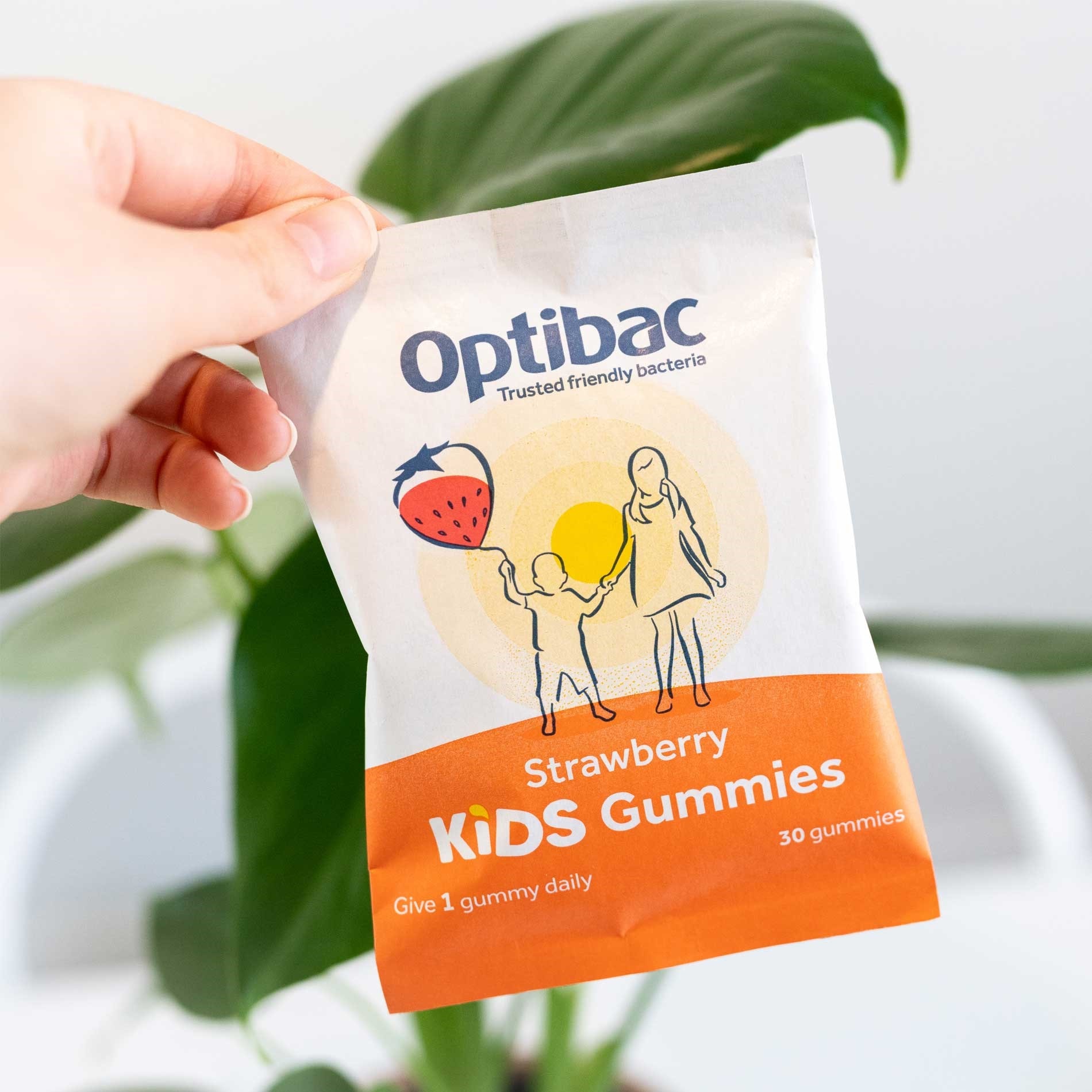- About Us
-
Help
Free 1:1 supplement advice
Not sure which supplement is right for you? Book a free, 15 minute telephone call with one of our nutritional experts.
Book your free consultationGet in touch (Mon to Fri, 9am - 5pm)
Customer Service: +44 (0) 1264 339 770
Order Enquiries: +44 (0) 1264 363 193
Contact us - Stockists
You are on the UK site
Hello US customer, you are currently shopping on the UK site. To ensure you are charged in the correct currency and receive accurate shipping costs, please switch to the US website and re-add your product to your basket.
You're away from FREE UK delivery Free UK delivery (applied at checkout) on orders over £10.00
You have qualified for Free UK delivery
Health News
Top tips from Channel 4's new series, Know Your Sh!t!
We’re really excited about a new series which aired on Channel 4 last night, called Know Your Sh!t! We think it’s so important to educate the whole world about the importance of the gut microbiome, so we’re always delighted when this subject is talked about in the media. Check out our top tips from the programme at the end of the article.
The series is hosted by identical twins Alana and Lisa Macfarlane, also known as the Mac Twins, who have founded their own website called ‘The Gut Stuff’. The twins have a healthy obsession with all things microbiome which was sparked when they volunteered to take part in the TwinsUK research, conducted at King's College London by Professor Tim Spector. Alana and Lisa discovered that, despite being identical twins who spend all their time together, their gut microbiomes were quite different and this affected them in individual ways.

In the new programme, the twins explore the fascinating topic of the gut microbiome and friendly bacteria. The Mac Twins are very excited about the series, and had this to say:
“We’ve been living in the world of gut health for years now, and we’re bursting to take everyone on a journey of discovery – to educate, inspire and change lives like it has ours!”
As the name suggests, the programme focuses on 'poo' and what it reveals about the state of our health, providing fascinating insights into the wonderful world of the digestive system and its by-products. Of course, we’re always comfortable talking about 'poop' here at Optibac, but many people find the idea of discussing such topics very unpleasant or embarrassing. The truth is that we all have bowel movements and they are a very normal and natural part of daily life. More importantly, our faeces can provide important clues into our overall state of physical, and even mental, well-being.
The Channel 4 Know Your Sh!t programme is revealing these facts in a fun and light-hearted manner which will hopefully help to break down some of the taboos around this perfectly normal bodily function. We're already hooked!
Throughout the series, ex-Love Island DJs Alana and Lisa will be joined by gastroenterologist Dr. Rabia, dietician Sophie Medlin and a variety of other medical experts, looking at the case studies and stools of patients with different health conditions. The twins will also test out the effects of certain diet fads on their own stools and offer lots of useful tips to help viewers look after their own gut microbiomes.

The 'Know Your Sh!t! series aired on Tuesday 17th January 2023 at 8pm and will run for six weeks, though the first three episodes are already available on All 4 and we're bingeing them!
Here are our top tips and facts from the first couple of episodes:
- How often should you 'go'? Bowel regularity is different for everyone but 'normal' is typically between 3 times a day and 3 times a week. Constipation issues most commonly affect women, who often feel that it's embarrassing to have a 'poo'. The programme is helping to alleviate some of the discomfort around this topic, and we think this is fantastic!
- What's the best position to 'poo'? If you find it difficult to pass a stool, then you could be in the wrong position. The best toileting position is squatting or seated with your legs slightly raised so consider keeping a small stool by your loo for the optimum launch position!
- The gut microbiome - this refers to the bacteria which live in your gut. The microbiome is involved in numerous bodily functions and we're still discovering its potential. Our resident bacteria populations weigh a whopping 5lbs, more than your brain!
- Plant-based fibre - include plenty of plant-based fibre in your diet. Your resident gut bacteria feed on this and it helps to keep them in good order. 30g of fibre daily is optimum, though most people only consume around 19g. To increase fibre, leave skins and peel on fruits and vegetables; choose wholegrain breads, rice, and pastas, and include more lentils and beans in your diet.
- Beat the bloat! That being said, some vegetables which are high in hydrogen sulphide are more likely to make your gut bacteria produce gas. Super gassy veggies include garlic, onions, leeks and cabbage, so eat these in moderation if you're prone to bloating.
- Lactose intolerance - an average of 68% of people globally find it difficult to digest the milk sugar lactose, rising to 70-100% of people in West Africa and East Asia. Limiting dairy produce and taking digestive supplements can be helpful, though some people may never be able to tolerate milk products well.
- Everybody farts! In fact, gastroenterologist Dr. Rabia said that she is more worried if a patient reports that they never pass wind. 25% of the air expelled from our bodies comes from swallowing air, with the remaining 75% being a by-product when foods are broken down by gut bacteria. To stop unpleasant wind, Dr. Rabia recommended avoiding gassy foods like onions. Dietician Sophie Medlin recommended eating a varied diet and trying friendly bacteria supplements, to encourage a more diverse gut microbiome and reduce the bad bacteria which can cause foul-smelling gas.
If you want to find out more, then watch this fabulously informative series - we love it!
You may also enjoy these other articles:
Popular Articles
View all blogs-
Press & Awards22 Sep 2023
.png?lang=en-GB)



